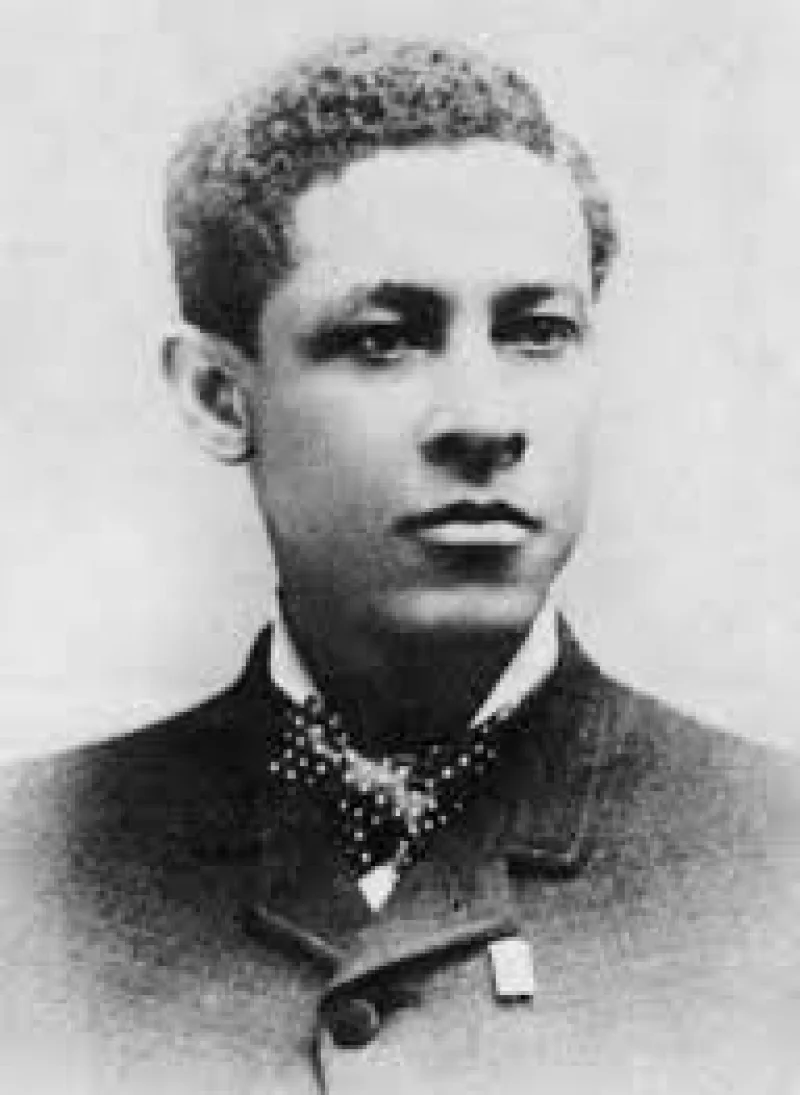Short Summary
Carl Bosch was a German chemist and engineer renowned for his pivotal contributions to industrial chemistry and chemical engineering. He is best known for co-developing the Haber-Bosch process, which revolutionized the production of ammonia and had a profound impact on agriculture and industry. Bosch's work earned him the Nobel Prize in Chemistry in 1931, shared with Friedrich Bergius. His innovations laid the foundation for large-scale chemical manufacturing, making him a key figure in the field of industrial chemistry.
Early Life & Education
Carl Bosch was born on August 27, 1874, in Cologne, Germany, into a family with a strong industrial background. His father was a successful gasworks engineer, which sparked Bosch's early interest in chemistry and engineering. He pursued his education at the Technical University of Charlottenburg and later the University of Leipzig. During his studies, Bosch was influenced by notable chemists, including Johannes Wislicenus, who guided him in his doctoral research. Completing his Ph.D. in 1898, Bosch gained a solid foundation in chemistry, setting the stage for his future breakthroughs in industrial applications.
Career Highlights
Bosch began his career at BASF, a leading chemical company, where he initially worked on indigo dye production. His significant breakthrough came with the development of the Haber-Bosch process, which he co-developed with Fritz Haber. This process enabled the large-scale synthesis of ammonia from nitrogen and hydrogen, facilitating the mass production of fertilizers. Bosch's leadership at IG Farben, one of the world's largest chemical conglomerates, further solidified his reputation. His pioneering work in high-pressure chemistry and chemical engineering significantly advanced industrial chemical production.
Major Achievements
- Developed the Haber-Bosch process, revolutionizing ammonia production.
- Won the Nobel Prize in Chemistry in 1931 for his contributions to high-pressure chemical methods.
- Instrumental in the founding and expansion of IG Farben, a major chemical industry player.
Famous Quotes
- "The driving force behind all our actions is, and always has been, the struggle to transform ideas into practical reality."
- "Science is not a body of facts, but rather a process of inquiry."
Interesting Facts
- The Haber-Bosch process is considered one of the most significant technological advancements of the 20th century.
- Bosch's work significantly contributed to the global population boom by making fertilizers more accessible.
- He was an avid supporter of science education and research funding during his tenure at IG Farben.
Legacy / Influence
Carl Bosch's legacy in industrial chemistry is profound, as his innovations laid the groundwork for modern chemical engineering. The Haber-Bosch process remains a cornerstone of agricultural productivity, enabling sustained food production to support a growing global population. His work highlights the interconnection between scientific innovation and practical applications, influencing generations of chemists and engineers.
FAQ
Q: Why is Carl Bosch famous?
A: He is famous for co-developing the Haber-Bosch process, which revolutionized ammonia production for fertilizers and industrial use.
Q: What did Carl Bosch win a Nobel Prize for?
A: He was awarded the Nobel Prize in Chemistry in 1931 for his contributions to high-pressure chemical methods.
Q: How did Bosch's work impact agriculture?
A: His work made artificial fertilizers more accessible, significantly boosting agricultural productivity worldwide.










